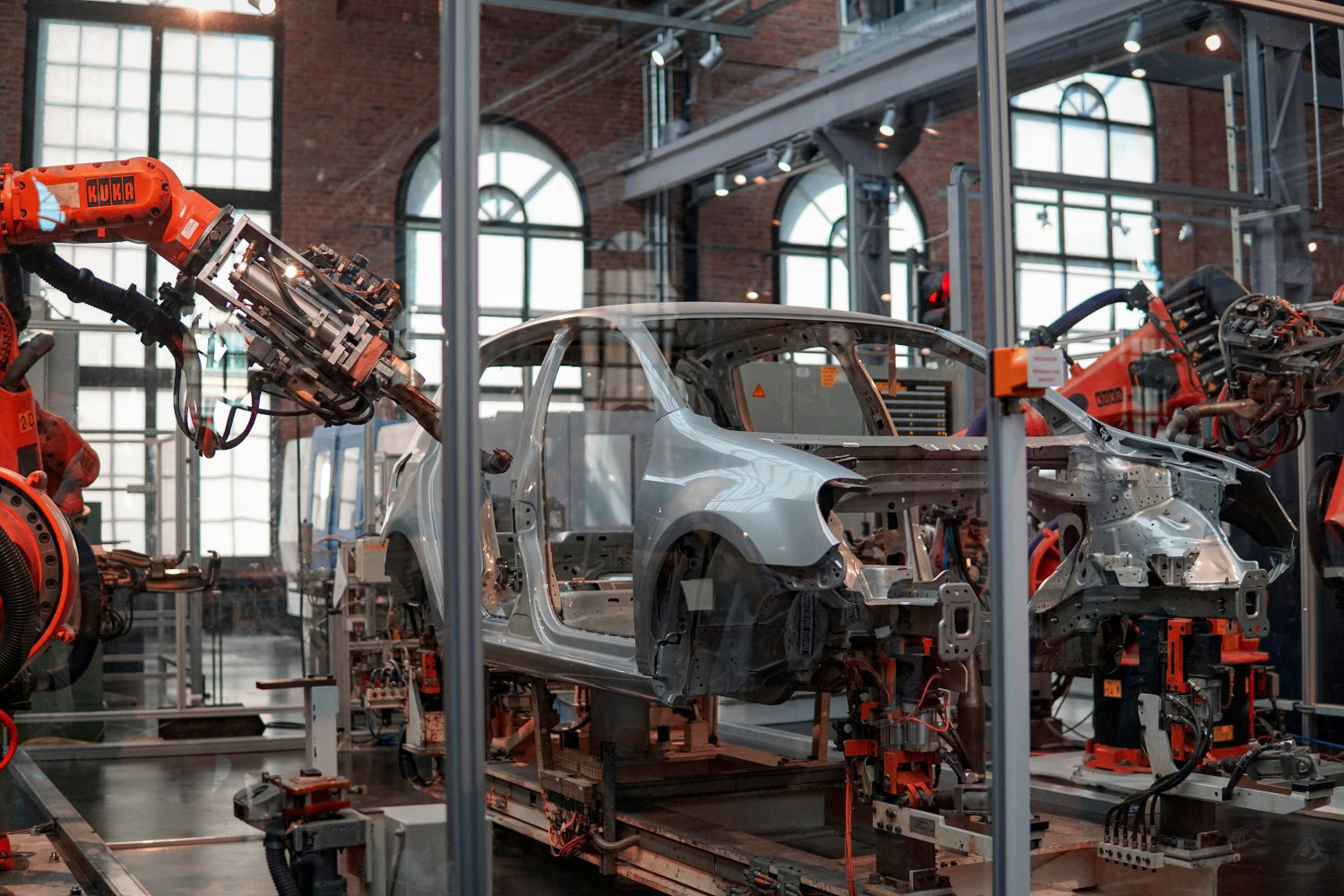Snapshot
Snapshot: Aligning environmental goals with the market.
As global industries strive to meet environmental goals, the gap between policy mandates and markets is becoming impossible to ignore, argues Rhys Marks.

[NEW INSIGHT] Why multimedia is becoming a CEOs most powerful thought leadership tool in 2026
A lack of leadership when setting environmental goals is massively damaging our global industries.
Though governments, charities, NGOs, and other pressure groups have no other choice but to implement mandates and incentives, without industry leaders actively contributing to set realistic goals, the results will always be counterproductive.
Industry leaders are experts, after all. They understand their market more than anyone, and they have the most influence. Yet, quite often, they avoid using their voice until they face a predicament that impacts their bottom line.
This is exactly what is happening with the UK automotive industry right now.
Leaders are calling for the government to make tweaks to its zero-emission vehicle mandate that was recently introduced to accelerate the sales of EV’s in the UK.
Unless companies ensure that their EV's equate to 22% of their overall sales by the end of the year, they face fines of £15,000 per car sold.
The pressure to meet these unrealistic EV targets has led to major job losses, including the closure of a Vauxhall factory and Ford's plans to cut 800 UK jobs over the next three years — outcomes that could have been mitigated with earlier intervention from industry leaders.
After all, car sales are on the decline, the industry is grappling with lithium battery shortages, while a key supplier for the EU, China, faces tariffs which will only disrupt the supply chain further, adding to soaring costs.
And what about fair competition? Tesla and Polestar are thriving in part due to their ability to sell EV credits to manufacturers that don't hit their targets, a ruling of the mandate that leaders shouldn't have left unchecked.
But most importantly, rather than making redundancies, showing solidarity for employees would have been a better reputational move.
Perhaps foreseeing how the mandate might impact the industry’s workforce and communicating that concern would have been even better.
Considering that 2030 net-zero goals are still so far from being reached, in the coming years, we'll see far more cases like this where industries are punished for their lack of progress.
On one hand, governments and pressure groups need to force change for the greater good.
But on the other, unless executives can start advising on realistic policies now, we risk facing a host of systemic problems — far beyond just climate change.